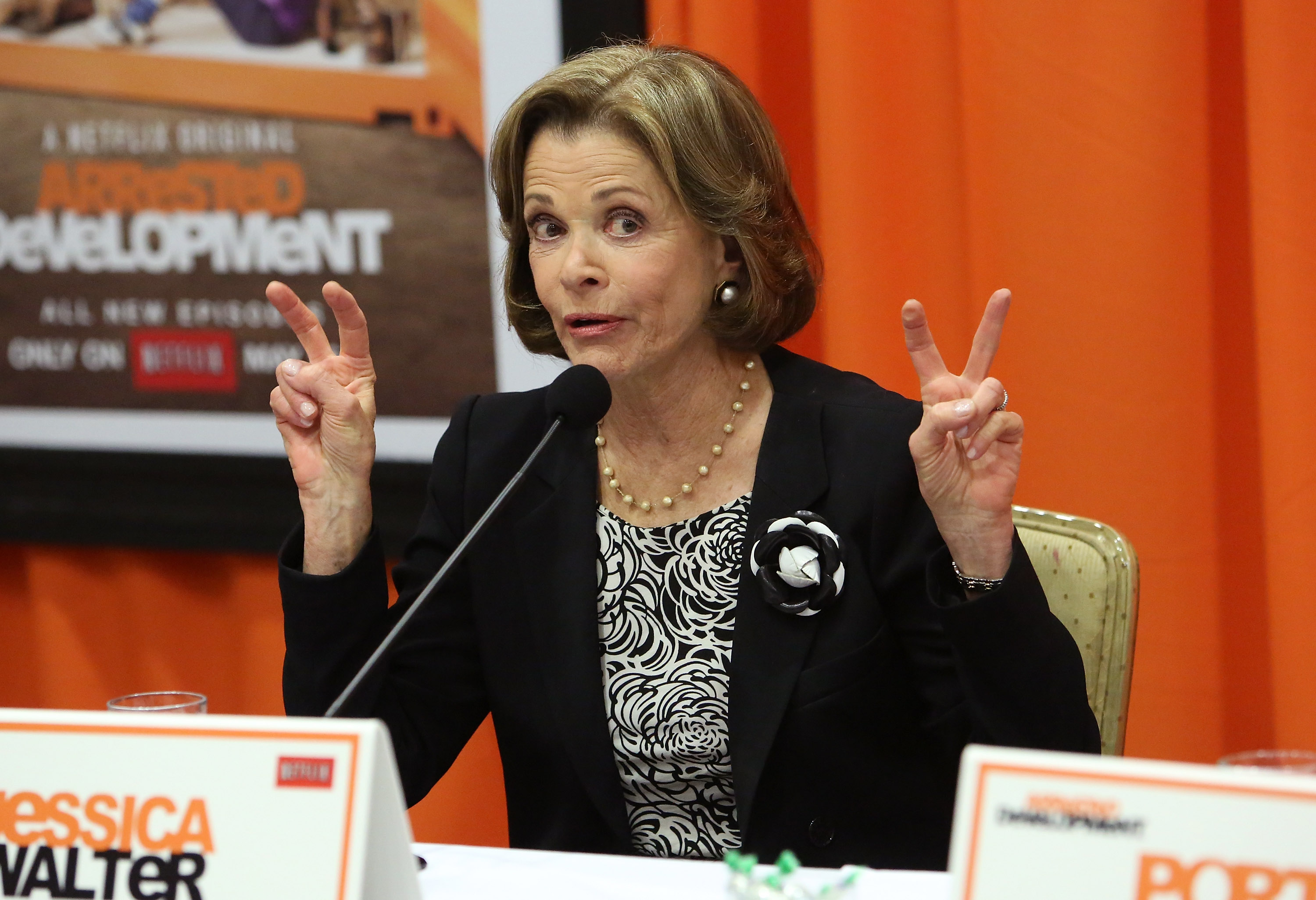
[Image credit: Getty]
Editorial: I should write a new blog based on all of the recent activities around Netflix. I applaud Reed Hastings for bringing this issue back to the forefront of policy discussion. The access providers or ISP are providing Internet access based on certain speeds that are generally much higher than a typical HD video stream, but subscribers received a reduced quality of experience (QoE) at peak periods of the day. If the ISP is a cable company their video streams are not impacted because they are delivered outside the ISP pipe. There is a bit of conflict of interest here. Setting that aside for a moment.
The ISP provide a best-effort service so if they can prove that they are providing the advertised bandwidth and not directly blocking any site, then they have met their terms of service. The problem is that customers are not being served because they cannot fully enjoy the services that they purchase from other service providers. In a competitive market, consumers would purchase Internet access from a competing provider that could deliver over-the-top (OTT) services properly, but we are stuck with a duopoly in most markets in the United States.
The congestion happens at peering points when one provider interconnects with another provider. Increasing bandwidth at peering points costs real money, but it is a cost borne by both the ISP and interconnection company. The interconnection company builds that cost into their costs to their customers like Netflix. This sharing of the burden is one of the major principles of the Internet. The ISP benefits from providing a better quality service, but that argument works best in a competitive environment. In our duopoly, the ISP act like cartels and band together to reduce their costs and protect their competing services. Customers can’t walk because the other provider is no better than their current provider.
True last-mile competition is the ultimate answer, but that is the long-term solution. In the meantime the Thomas Wheeler and the FCC Commissioners have to wrestle with this issue while being heavily influenced by lobbyists. I like Reed Hastings’ proposal and do not feel that it is an undue burden on the ISP because the cost per bit is continually rapidly decreasing. As a way to recoup some of these charges ISP should be allowed to sell managed services (i.e. QoS) to OTT providers like Netflix. As I said at the beginning of this article, I should really write out the full proposal with cost-based arguments.
AT&T’s swinging back at Netflix CEO Reed Hastings’ recent assertion that ISPs (internet service providers) should shoulder the cost of increased bandwidth demands. In a post on AT&T’s Public Policy Blog, Senior EVP Jim Cicconi denounced Hastings’ desire for a “cost-free delivery” agreement with ISPs, saying that it unfairly shifts the burden of infrastructure cost to AT&T and its subscribers rather than to Netflix’s own customer base. As Cicconi views it, that subscriber base is the very one responsible for the increased traffic demands and resulting need to build out additional facilities, and should therefore bear the brunt of a fee hike.
Continue reading






